Apple and Samsung continue to be at loggerheads over seemingly every action in their second California patent trial, the latest issue being a tentative juror verdict form issued by presiding Judge Lucy Koh on Wednesday.
After Judge Koh published the verdict form, parts of which were taken from forms both parties presented weeks ago, Apple and Samsung on Thursday filed statements arguing against the proposed document.
As noted by Macworld, Apple claims the verdict form is too complex as it stands, while Samsung asserts the opposite. Judge Koh's version consists of 15 questions pertaining to alleged infringed devices and patents from each side. Overall, jurors will need to address nearly 250 decisions and calculations.
The tentative verdict form is around the same length as Apple's proposed form, but is drastically shorter than Samsung's behemoth 50-question filing. The two companies submitted their respective verdict form versions in late February.
For the most part, Apple counsel is in agreement with Judge Koh's verdict form, but mentions two points of contention that may require modification. The first is Samsung's proposed question (labeled question 10(a) in the tentative verdict form) that asks jurors to fill out a chart with 60 boxes pertaining to "three separate questions using three different parameters (three time periods, five patents and ten products)."
According to Apple, Judge Koh rejected a similarly complex verdict form in the first Apple v. Samsung jury trial as it benefits neither party while increasing the likelihood of an inconsistent verdict.
In addition, Apple wishes to clarify certain subparts to questions regarding its '959 patent for universal search and '721 patent for "slide-to-unlock." The company notes that not all accused infringing devices are applicable to its claims as Samsung temporarily removed accused functionality from certain software versions. Without offering proper detail as to the timing of these operating system modifications, the jury may wrongfully find for or against infringement for a certain device.
Samsung also notes the discrepancy in its statement, saying, "Apple is not accusing all operating software versions and subversions" of infringement on its patents-in-suit.
Further, the Korean company requests more detail concerning damages theories that it says will allow for a "more transparent understanding of the jury's damages award, if any."
Apple is seeking $2.19 billion in damages on lost sales and royalties for alleged patents infringed between August 2011 and the end of 2013. For its part, Samsung argues Apple's patents are only worth $38.4 million when applied to 37 million accused infringing devices.
Both parties are expected to wrap up the testimony phase of their respective cases on Friday and present closing arguments on Monday. Jury deliberations could begin as soon as Monday afternoon or Tuesday.
 Mikey Campbell
Mikey Campbell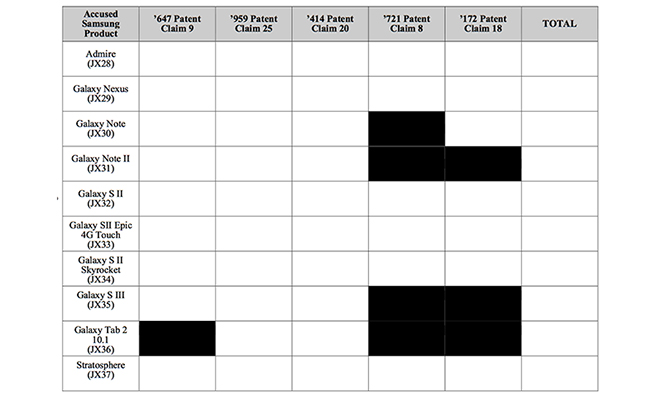
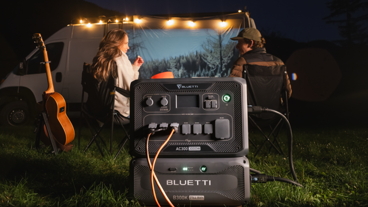
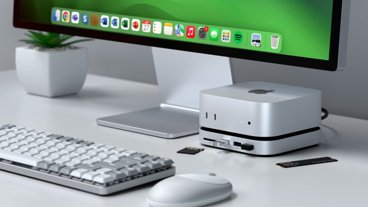











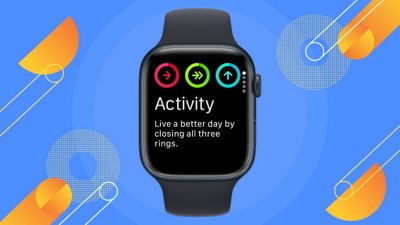
 Andrew Orr
Andrew Orr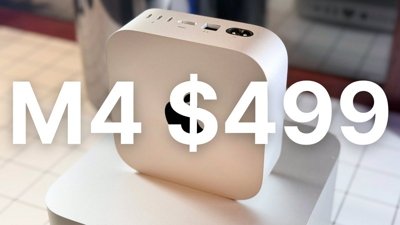
 Christine McKee
Christine McKee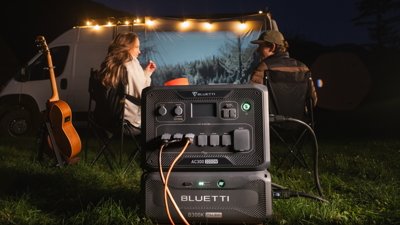
 Sponsored Content
Sponsored Content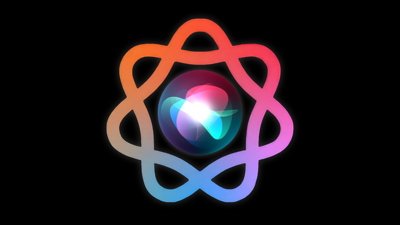
 Wesley Hilliard
Wesley Hilliard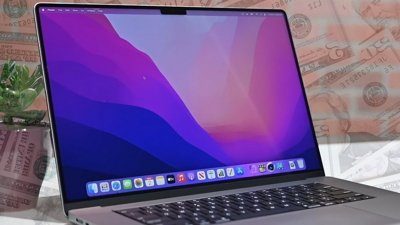
 AppleInsider Staff
AppleInsider Staff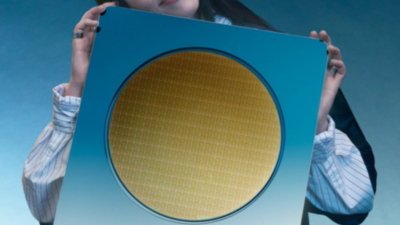
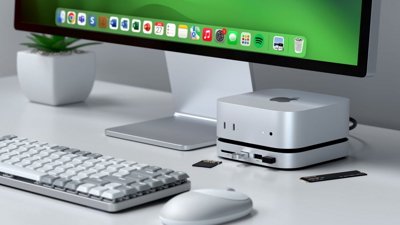
 Amber Neely
Amber Neely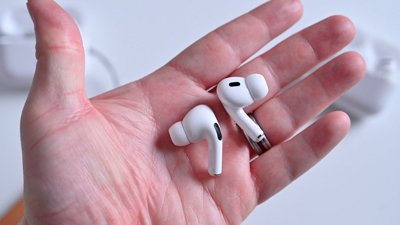









41 Comments
I don't have a good feeling for Apple this time. The press wasn't so favourable to Apple around this trial. Hope the court looks at things differently and surprises me.
The verdict form has to be complicated. Just look at the hundreds of models Samsung has cloned from the iPhone!
Quite simply, it was very rewarding for Samsung to copy the iPhone in every way possible. Perhaps the form should focus on what Samsung didn't copy.
[quote name="Ireland" url="/t/178820/apple-samsung-dispute-tentative-juror-verdict-form-in-california-patent-trial#post_2522598"]I don't have a good feeling for Apple this time. The press wasn't so favourable to Apple around this trial. Hope the court looks at things differently and surprises me.[/quote] The press is so very wrong about why Apple is suing! Apple is requesting Samsung to do one thing and is being polite with the request... Please stop copying. For some inexplicable reason Samsung refuses to agree. And, for another inexplicable reason Judge Lucy Koh refuses to allow a sales band on Samsung's infringing products. Any future Apple breakthrough technology is in jeopardy of being slavishly, unapologetically copied by Samsung if Samsung is not forced to stop.
The verdict form has to be complicated. Just look at the hundreds of models Samsung has cloned from the iPhone!
Samsung has something like 10,000 versions of Android, customised for various models, carriers and networks.
Next up the 2013-2014 infringements.